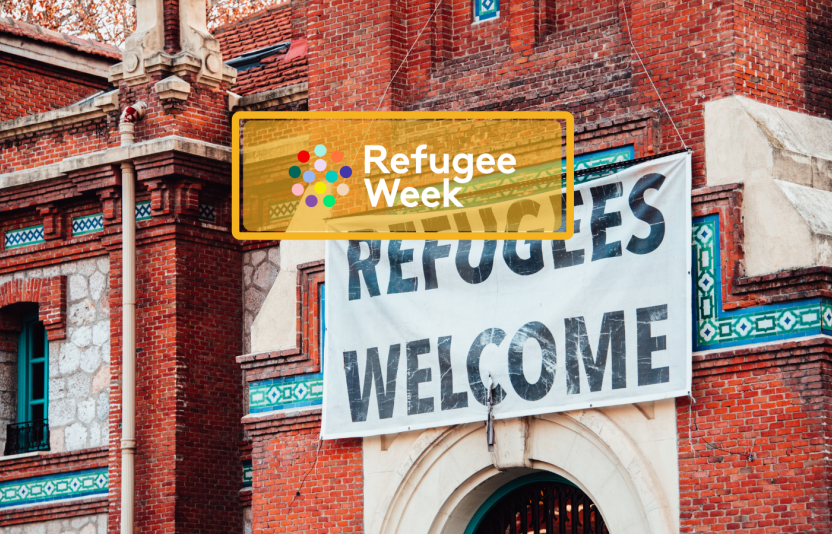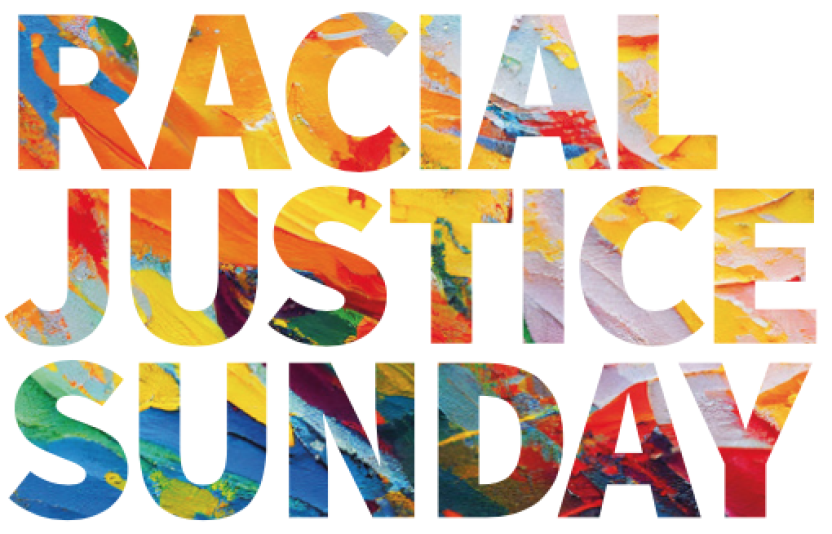Anglicans in Helsinki find ‘an opportunity to put faith into practice, an opportunity to show love and compassion’
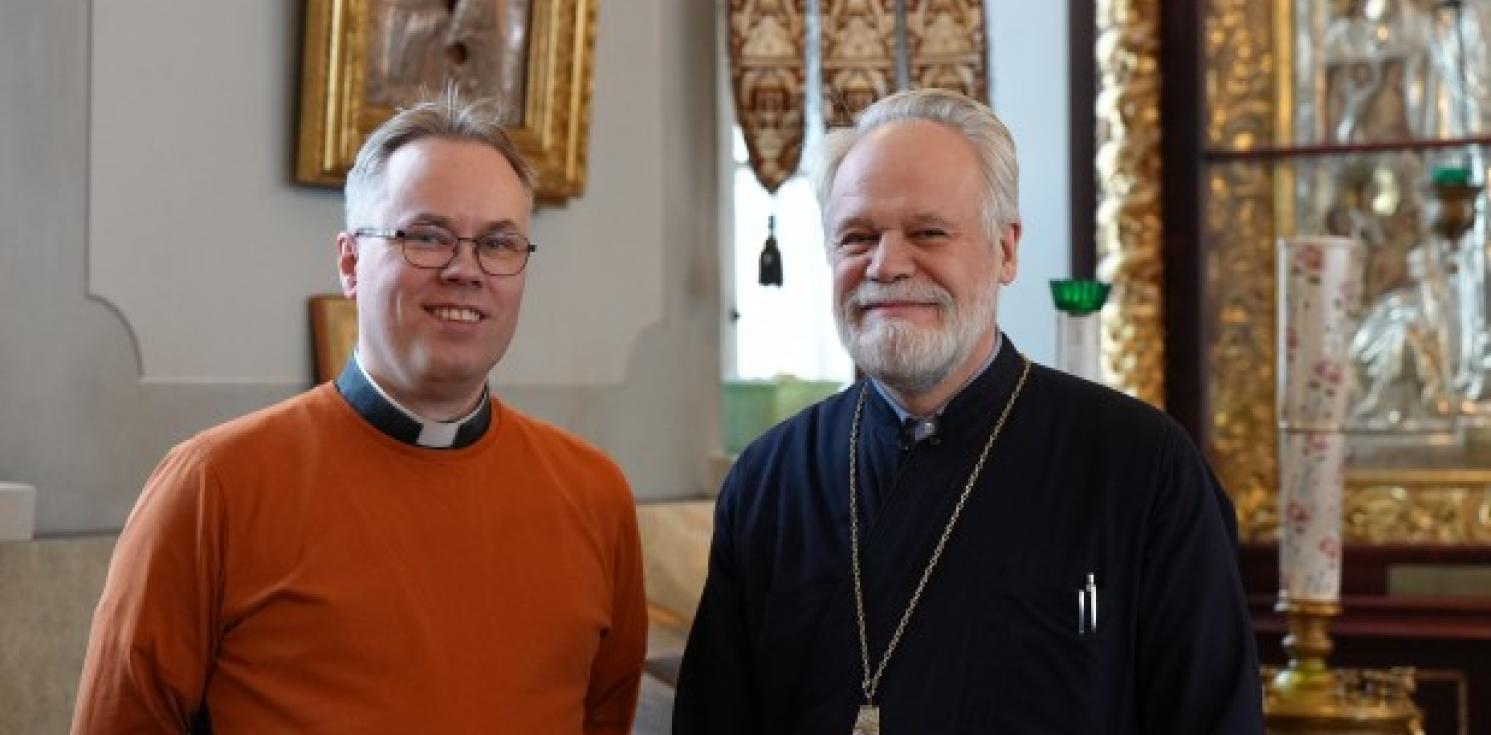
The Revd Tuomas Mäkipää (left), the Chaplain at Saint Nicholas, Helsinki, with Father Heikki Huttunen of Holy Trinity Orthodox Church (Photograph: Amber Jackson).
Amber Jackson from the diocese communications team and Patrick Comerford from USPG visited our chaplaincies in Hungary and Finland last week to see how they are supporting Ukrainian refugees with funding from the joint Ukraine appeal.
In Helsinki, Patrick and Amber met the Revd Revd Tuomas Mäkipää, chaplain of Saint Nicholas’s, and heard how Anglicans in the Finnish capital are responding to the Ukrainian crisis Saint Nicholas’s is a diverse and inclusive community, with people of many cultures, ages and nationalities joining together in worship and friendship.
In this extract, Patrick describes visits to The Vallila Centre in Helsinki:
With assistance from the Anglican mission agency USPG (United Society Partners in the Gospel) and the Diocese in Europe, the small Anglican congregation in Helsinki is making a significant response to the needs of Ukrainian refugees. The Revd Tuomas Mäkipää has been the Chaplain at Saint Nicholas since 2011.
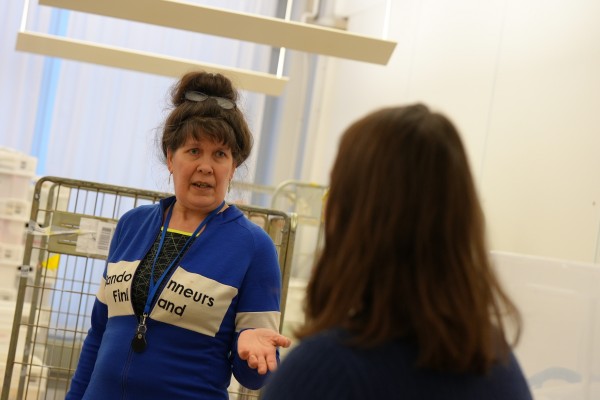
Over coffee near the harbour in Helsinki, Tuomas spoke of how a grant from USPG and the diocese is helping to support Ukrainian refugees.
Since the beginning of the Russian invasion of Ukraine, there has been a steady flow of refugees from Ukraine to Finland. Many have seen some of the worst horrors of war. They are unable to travel by their own means and have no relatives or friends in Finland. Although the Finnish government has been active in its response, many refugees are still without money and are living in reception centres or as guests in private homes.
Saint Nicholas’s Chaplaincy has been monitoring the situation carefully from the outset and shared information about where refugees could access help. It also supports the Vallila Centre, founded by the Ukrainian Association in Finland, with collections to provide refugees with food, clothes, basic hygiene products and advice.
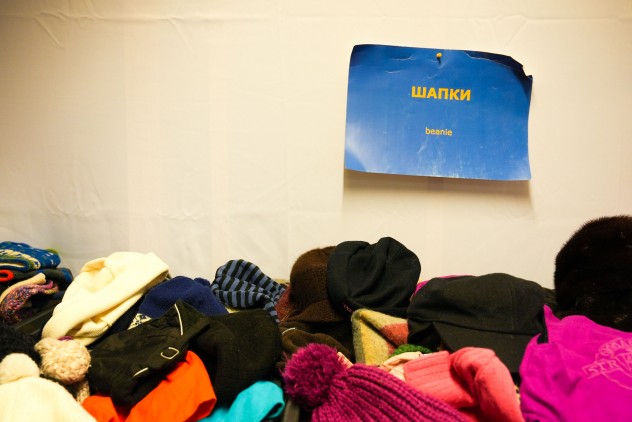
A short video tour of the centre can be found on our YouTube channel.
The Vallila volunteers are working at full capacity, and the chaplaincy recognised that the centre could do more if it had a full-time coordinator. He contacted USPG and a generous grant from USPG and the Diocese in Europe has enabled this. The chaplaincy is now hoping to support the centre to make the transition from being a ‘first response unit’ to a place that can offer long-term help.
He does not know when the present phase of the crisis is going to end or how it may change. But he emphasises the need to speak of hope and reconciliation. ‘Finnish society needs to be more flexible and dynamic,’ he tells me.
Anja Haltia, a member of the congregation at Saint Nicholas:
In Finland, so often we try to solve problems with money,’ she says. But the crisis has brought unexpected gifts to the fore in the congregation. It is important to find God in the little things you do.’
‘People’s generosity inspires others,’ says Tuomas. He says the latest experience has transformed the mission and outlook of his church in Helsinki, and they are starting to learn the impact of what they are doing.
The Anglican chaplaincy serves the greater Helsinki area and is an inclusive community of word and sacrament. It is part of the Diocese in Europe and under the Porvoo Agreement it works closely with the Evangelical Lutheran Church of Finland.
The Ukrainian crisis is only the latest crisis created by events in neighbouring Russia to shape the Anglican presence in Finland over the past century.
‘We’ve been here before,’ says Tuomas Mäkipää. ‘We want to help.’

